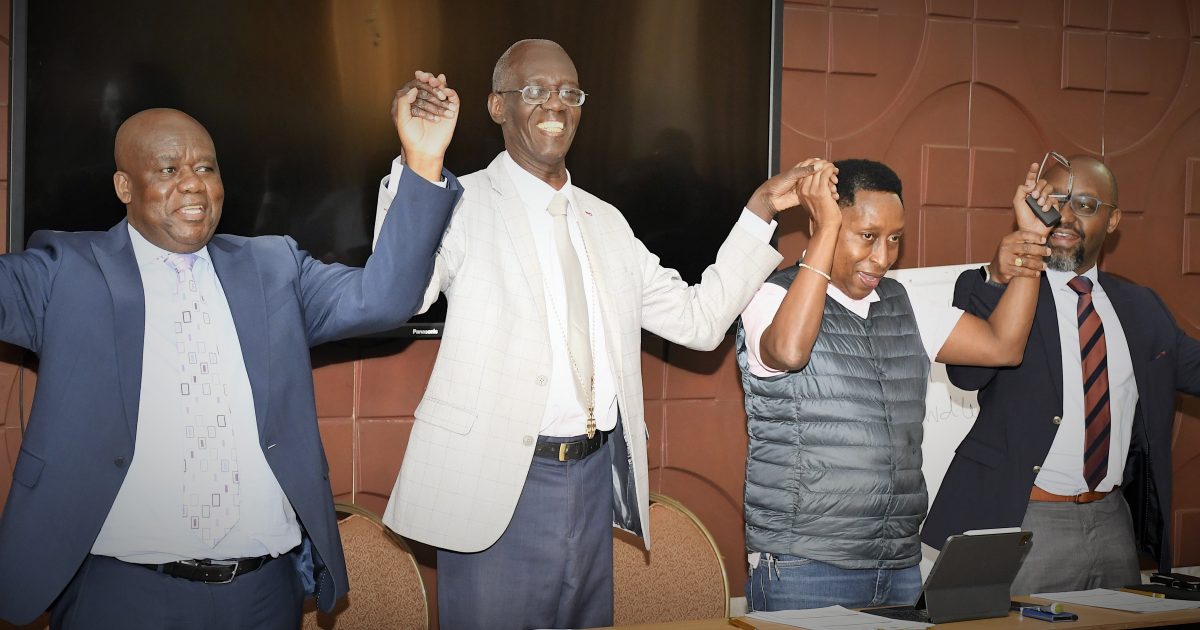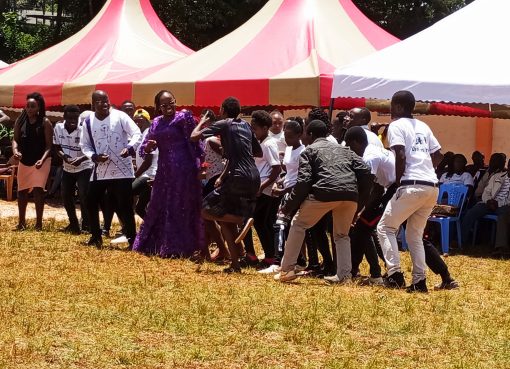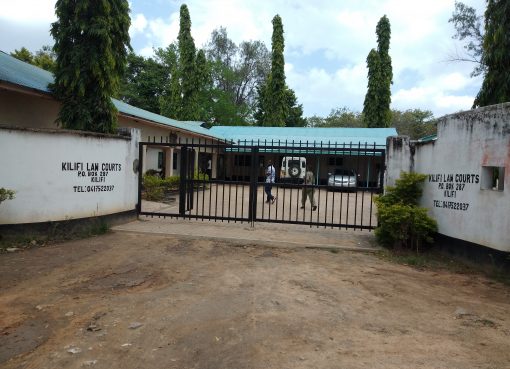The Ethics and Anti-Corruption Commission of Kenya (EACC) has recovered and surrendered back for public benefit approximately Sh22.8 billion, being proceeds of corruptly acquired assets and unexplained wealth from 2018 to 2021.
The Commission has further averted loss of about Sh. 32.5 billion through proactive investigations and disruption of corruption networks.
The EACC Chair Archbishop (Retired) Dr. Eliud Wabukala said the Commission has also commenced and concluded investigations in respect to what he referred to as 501 high impact cases on corruption and related offences and 191 of these cases were finalized in court.
“Consequently, the Commission is pursuing forfeiture of corruptly acquired assets and unexplained wealth worth nearly Sh. 33 billion in various courts across the country,” The Retired Anglian Church clergy said.
He was speaking during official opening of the Leadership and Integrity Programme for the board of Directors of the National Health Insurance Fund (NHIF) in Naivasha.
Dr. Wabukhala said their experience in combating corruption shows that corruption is primarily caused by negative culture, greed, conflict of interest and disintegration of the moral fabric.
“In this regard, there is need for adoption of appropriate interventions that embed ethical leadership, good governance, transparency and accountability in the administration and management of NHIF. This is important in enhancing accessibility of quality and affordable health care to ordinary members of the public,” The EACC chair reiterated.
Dr. Wabukhala said he was alive to the fact that health systems are particularly susceptible to corruption due to large amounts of resources involved, information asymmetry, the large number of actors, system complexity and fragmentation, and the globalized nature of the supply chain for drugs and medical devices.
“In order to ensure that the primary object of NHIF is responsive to the needs of the ordinary citizens, it is my considered view there is need to continuously review institutional integrity framework and the organizational culture,” Wabukala noted.
He stated that Chapter six of our constitution obligates the Board of Management (BOM) of NHIF to put in place measures that guarantees accountability and public service based on high standards of integrity and selfless leadership based public interest
To this end, the EACC Chair said the leadership and integrity programme was timely, informative and relevant in the management and administration of NHIF for the common good of the ordinary citizens by officers during procurement processes.
“Efficient public service, particularly accessibility to quality health care is intrinsically linked to the ethical values such as honesty, patriotism, and social justice, protection of the marginalized, selfless service, good governance, integrity, transparency and accountability,” Wabukala said.
He reiterated that the Commission is committed to working with NHIF and other Government entities in carrying out capacity building initiatives aimed at preventing corruption, enhancing integrity standards and promote ethics in the management and administration of public resources.
The EACC chair noted with satisfaction that his organization had managed to prevent graft to a large extent as education on the same gains root in the country.
Asked about the thorny issue of giving prosecutorial powers to EACC which has been in public debate for some time, the Retired Clergy said the law should remain as it is leaving prosecution to another body for accountability purposes.
The NHIF chair Lewis Nguyai said the health parastatal had embarked on major reforms in line with the much-envisaged Universal Health Care (UHC) in the country.
“This will involve recruitment of more human resource and looking at other issues such as contributions among others,” Nguyai said.
He said NHIF had digitized all services in a bid to seal all the loopholes of corruption, adding that the training will help NHIF to be proactive in dealing with corruption at every level.
By Mabel Keya – Shikuku





